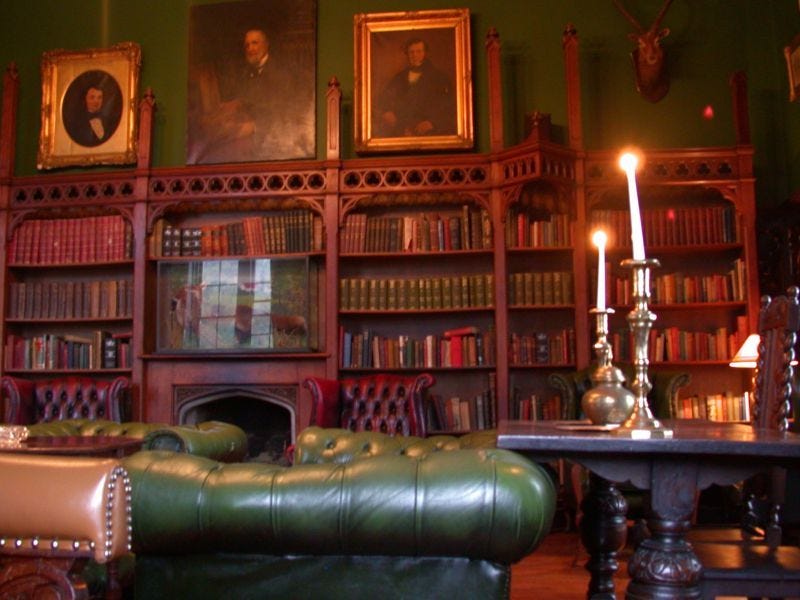Note: This article is part of a series. This is the final entry.
The significance of the Civil War:
Rather than crushing the power of the Bolsheviks, the Civil War resulted in the strengthening of their authority to justify more terrifying measures of social control. Similar to the Tsar after the failed 1905 Revolution, the Bolsheviks emerged stronger from a crisis that was intended to make them weaker. Of all members of the Bolshevik Party in 1927, Kochan and Abraham estimated that 33 per cent had joined between 1917 and 1920, while only 1 per cent had joined before 1917. Therefore, many crucial characteristics of the party attitudes of its members were forged in the environment of war after 1917, rather than through the party’s pre-revolutionary political heritage.
Psychologically - the war created a survival mentality, incredible self-belief and a ruthless determination to fight against seemingly overwhelming odds.
Politically - the war shaped the militaristic character of Communism, which meant that party members readily accepted the tradition of loyalty and discipline.
Organisationally - the war developed a strong centralised administration characterised by an authoritative leadership with smaller governing bodies.
Socially - the war justified — to the Bolsheviks — strict sanctions and arbitrary punishment on perceived counter-revolutionary threats both inside and outside of the party.
Summary:
The signing of the humiliating peace treaty to withdraw from the First World War only provided a break for a few months as civil war began in mid-1918. Yet this was a different war — the new revolutionary Bolshevik government was fighting for survival against its anti-Bolshevik opponents.
The White armies were made up of traditional conservative forces within Russia. The leaders were generals from the army of Tsar Nicholas II, while the fighters were peasants, landowners and ousted political groups like the Socialist Revolutionary Party.
Lenin’s regime also faced the external threat of invasion by foreign powers. The British, French, Japanese, Americans, Czech Legions and Poles were all involved in attempting to overthrow the Bolshevik regime.
The Bolsheviks won due to the impact of the Red Army, terror of the CHEKA, unity of purpose, the fact that they were defending a central location, and the impact of Trotsky. The White armies lost as they were divided in purpose and strategy and lacked powerful propaganda.
Further reading recommendations:
D. Volkogonov 1996, Trotsky: The Eternal Revolutionary.
W.B. Lincoln 1989, Red Victory: A History of the Russian Civil War.
I. Deutschern1954, The Prophet Armed: Trotsky 1879-1921.
Dear reader, thank you for reading my series Red vs White (I, II & III). Please consider supporting the continuation of history research by becoming a paid subscriber to my Substack, allowing me to continue publishing a variety of articles on history and important spiritual teachings, guides and lessons on Germanic Paganism. Chad (“The Chad Pastoralist”).



